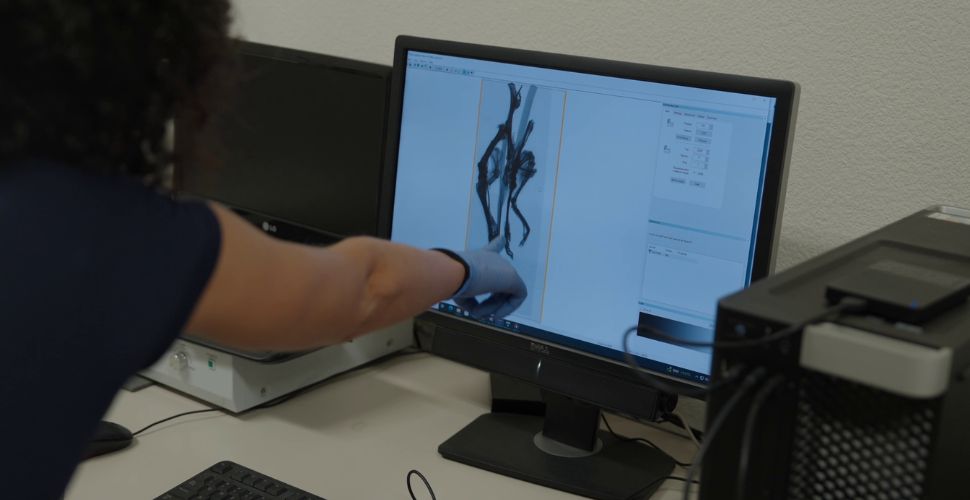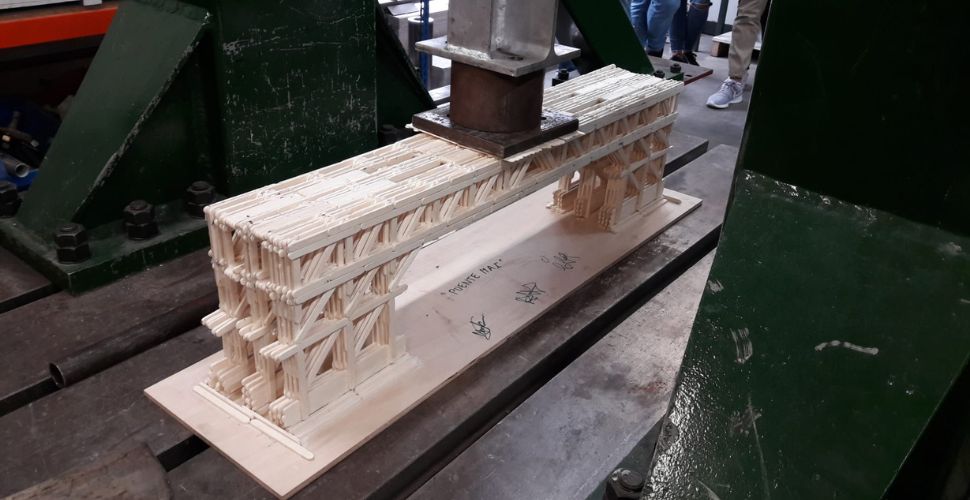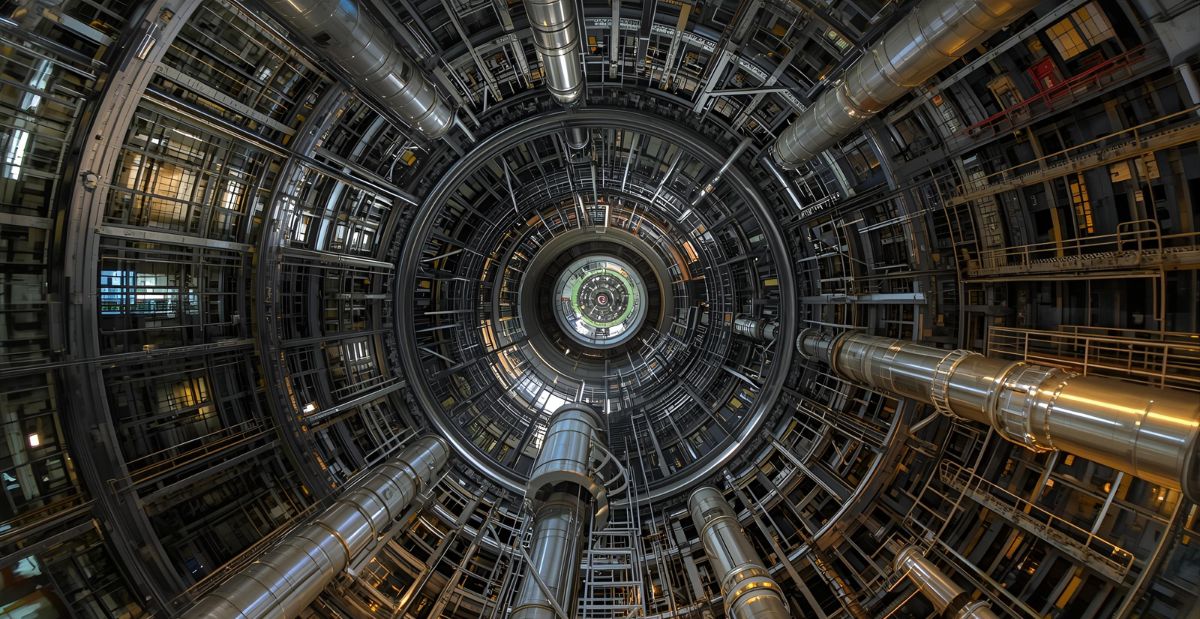
The Director of LADICIM Delivers a Seminar on Mechanical Characterization of Biological Tissues
Professor José Antonio Casado presented the latest research developments—conducted in collaboration with the Marqués de Valdecilla University Hospital—at the Master’s Degree in Structural Integrity program.
José Antonio Casado del Prado, professor at the University of Cantabria and director of the Laboratory of the Division of Materials Science and Engineering (LADICIM), delivered one of the specialized seminars in the 12th edition of the Master’s Degree in Integrity and Durability of Materials, Components and Structures this week.
Titled “Mechanical Behavior of Biological Materials”, the session took place on Wednesday, May 22, and featured Professor Casado’s presentation of research results from collaborative projects between LADICIM and various research groups at the University of Cantabria (UC), particularly those linked to the Marqués de Valdecilla University Hospital. Notable among these are studies focused on cardiovascular surgery and bone and mineral metabolism. The research has been centered on analyzing the mechanical strength of various biological tissues, as well as identifying the micromechanisms involved in fracture processes.
The LADICIM director has an outstanding academic career spanning over 25 years, and his main research line focuses on the mechanical behavior of polymers, composite materials, and biological materials.

The Master’s program, jointly delivered by the University of Cantabria and the University of Oviedo, provides students with comprehensive training focused on the analysis of the behavior of industrial materials and components. Its main objective is to train specialized technical professionals capable of leading future scientific and technological innovations. These professionals will play a key role in improving the safety of industrial components and facilities in service, preventing failures and accidents, extending the service life of infrastructure, and optimizing the use of available materials.
The Master’s program, coordinated by LADICIM’s engineering PhD Borja Arroyo, offers solid theoretical and practical training in key areas of structural integrity, such as material behavior, fracture mechanisms, joining and protection methods, and failure analysis, among other topics. The curriculum includes a series of seminars taught by professors and researchers who are experts in fields closely related to the program’s focus.
Top-Level Speakers
Roberto Miguel, Calculation and Design Engineer at Equipos Nucleares (ENSA), opened the seminar series on Monday, May 20, with the presentation “Risk Analysis.” He outlined the calculation and analysis methods used to ensure the structural integrity of components in fission nuclear power plants.
Following his talk, Dr. Iñaki Gorrochategui and Dr. Sergio Sádaba delivered a joint presentation titled “Nuclear Fusion Reactors.” Dr. Gorrochategui is Head of the Nuclear Engineering Section at IDOM and holds a PhD in Civil Engineering from the University of Cantabria, while Dr. Sádaba is a CAE engineer at IDOM Nuclear Services.
On Tuesday, May 22, the spotlight was on Dr. Marta Serrano, Head of the Energetic Materials Division in the Technology Department at CIEMAT. Her lecture focused on the structural integrity of fission reactor pressure vessels—an area in which she has coordinated numerous international projects over the past 20 years. Her research has centered on the effects of irradiation on mechanical properties and the development of materials for GenIV and fusion reactors.

The final speaker in the series was Álvaro Rodríguez, Director of Innovation at the CTC Technological Center, who delivered the presentation “Application of Fracture Mechanics in Marine Renewable Energy” on Thursday, May 23. Rodríguez holds a degree in Industrial Engineering and a Master’s in the Automotive Industry from the University of Cantabria (UC), and is recognized for his expertise in structural design, marine corrosion assessment, and marine renewable energies. He has led over 15 R&D projects in this field.
The seminars were held in the LADICIM Classroom at the School of Civil Engineering (Escuela Técnica Superior de Ingenieros de Caminos, Canales y Puertos) of the University of Cantabria.



